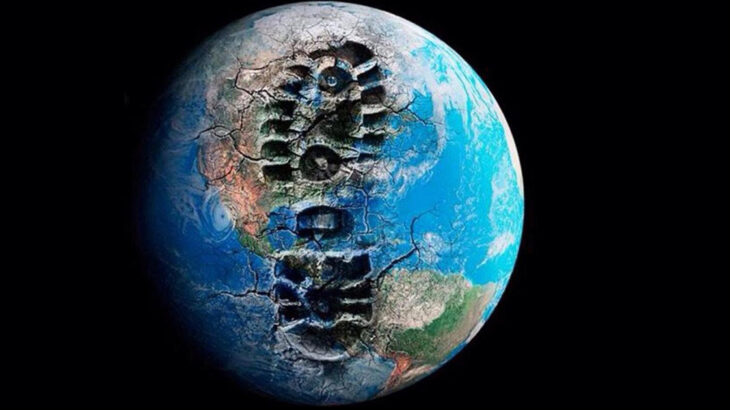
By Jagpreet Kaur Maker, Borealis Blog editor Science communication plays a pivotal role in bridging the gap between scientific advancements and the public. In recent years, the integration of artificial intelligence (AI) into research, education, and communication activities has revolutionized various aspects of society, including science communication. In Canada, a nation known for its rich […]







